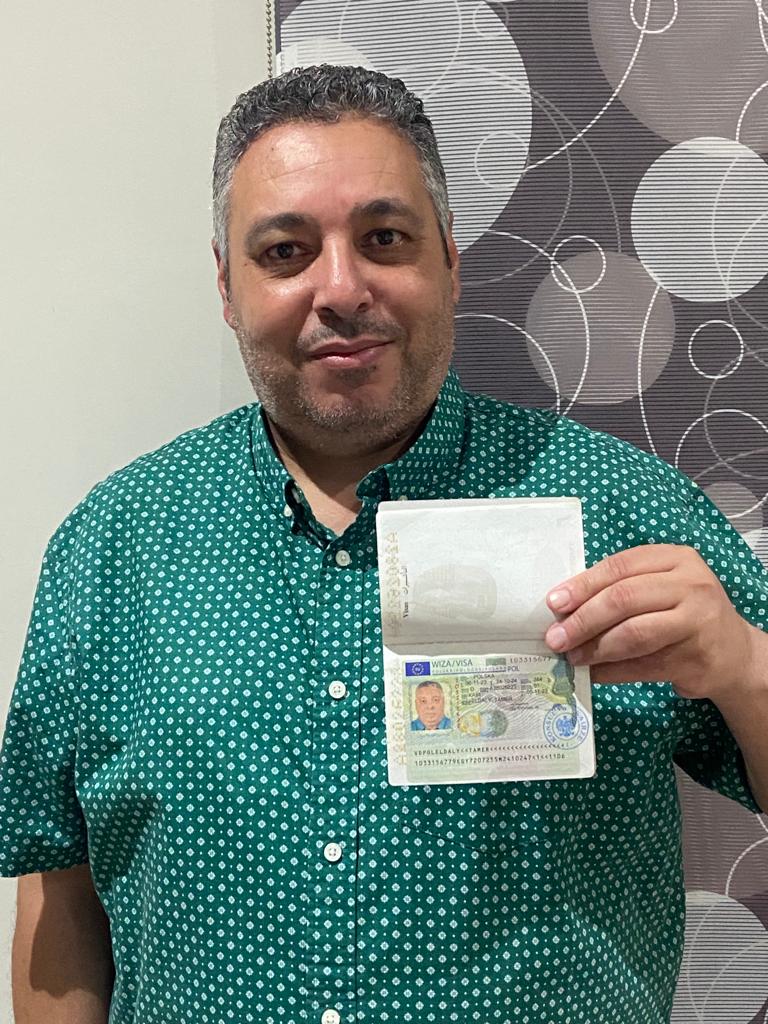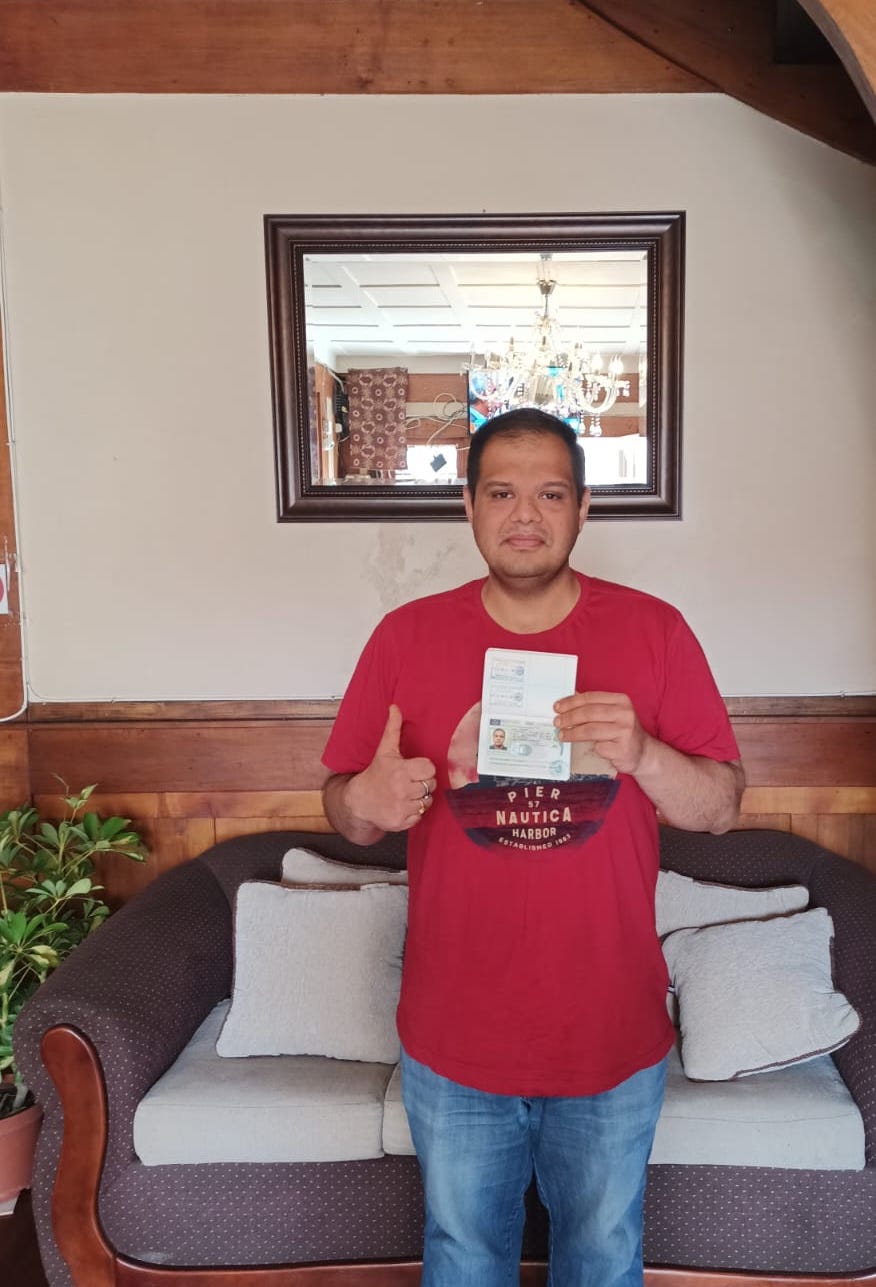

How to get a job in Poland as a Foreigner
How to Get a Job in Poland as a Foreigner: A Complete Guide
Poland is a thriving foreign job market, offering numerous opportunities across various industries. Whether you're a skilled professional, a recent graduate, or seeking entry-level work, understanding Poland's job market can significantly boost your chances of employment. This guide will walk you through the step-by-step process of securing a job in Poland as a foreigner.
Why Work in Poland?
Poland has a growing economy is one of Europe's most attractive job destinations. Some key reasons to consider working in Poland include:
- Strong Economy: Poland has a stable economy with a high demand for skilled workers.
- Low Cost of Living: Compared to other European countries, Poland offers affordable living costs.
- Opportunities for Expats: Many multinational companies have offices in Poland, creating job openings for non-Polish speakers.
- Pathway to Permanent Residency: Working in Poland can lead to long-term residency and citizenship.
Step-by-Step Guide to Getting a Job in Poland as a Foreigner
1. Understand the Polish Job Market
Poland demands IT, finance, engineering, manufacturing, healthcare, and customer service workers. Many international companies also require English-speaking professionals.
Top industries hiring foreigners:
- IT and Software Development
- Finance and Banking
- Engineering and Construction
- Logistics and Transportation
- Hospitality and Tourism
- Customer Service & BPO
2. Check Visa and Work Permit Requirements
To work legally in Poland, non-EU citizens need a work permit. The most common work permits include:
- Type A Work Permit: Issued to foreigners with a job offer from a Polish employer.
- Type B Work Permit: For executives and board members of Polish companies.
- Type C, D, and E Work Permits: For specific work assignments in Poland.
EU Citizens: No work permit is required; only registration for stay is required.
3. Search for Job Opportunities
Finding a job in Poland requires a proactive approach. Here are the best ways to look for jobs:
Government Job Portals
- Public Employment Services (Urząd Pracy) – https://psz.praca.gov.pl/
4. Prepare a Professional CV and Cover Letter
Your CV should be tailored to the Polish job market. Key points to include:
- A professional format (Polish employers prefer concise, one-page CVs)
- Include a professional photo (common in Poland but not mandatory)
- Highlight your skills and work experience
- Write a strong cover letter in English or Polish
5. Learn Basic Polish Language Skills
While many international companies hire English-speaking professionals, knowing basic Polish can give you an edge. Consider taking language courses online or at local language schools.
6. Apply for Jobs and Attend Interviews
- Apply for multiple jobs to increase your chances.
- Be prepared for online interviews.
- Research the company and be ready to answer common interview questions.
7. Secure a Job Offer and Apply for a Work Permit
Once you receive a job offer, your employer will help you apply for a work permit. After obtaining the permit, you can apply for a work visa at the Polish consulate in your country.
8. Move to Poland and Register Your Stay
After arriving in Poland:
- Register your residence within 30 days.
- Open a Polish bank account.
- Get a PESEL number (Polish social security number).
Final Tips
- Network with professionals and join expat groups.
- Stay updated with job trends in Poland.
- Be patient and persistent.
Following these steps, you can successfully secure a job as a foreigner in Poland. Start your job search today and take the first step toward an exciting career in Poland!
FAQs on How to Get a Job in Poland as a Foreigner
1. Can foreigners work in Poland?
Yes, foreigners can work in Poland, but they usually need a work or residence permit unless they are from an EU/EEA country or Switzerland.
2. What are the main types of work permits in Poland?
There are five main types of work permits in Poland:
- Type A – For employment with a Polish employer
- Type B – For board members residing in Poland for over 6 months
- Type C – For intra-company transfers
- Type D – For foreign companies providing services in Poland
- Type E – For other cases not covered above
3. Do EU citizens need a work permit in Poland?
No, EU/EEA countries and Switzerland citizens do not need a work permit to work in Poland. They can work under the same conditions as Polish citizens.
4. Can non-EU citizens apply for jobs in Poland?
Yes, non-EU citizens can apply for jobs in Poland but must obtain a work or temporary residence permit.
5. What are the most in-demand jobs for foreigners in Poland?
- IT specialists (software developers, cybersecurity experts)
- Engineers (mechanical, civil, electrical)
- Healthcare professionals (nurses, doctors, caregivers)
- Construction workers (bricklayers, welders, plumbers)
- Drivers (truck, delivery)
- Manufacturing workers
- Teachers (especially English teachers)
- Hospitality and tourism staff
6. How can I find job opportunities in Poland as a foreigner?
You can find job listings on:
- Public Employment Services (Urząd Pracy) – https://psz.praca.gov.pl
7. What documents are required to apply for a work permit in Poland?
- Valid passport
- Job contract or job offer from a Polish employer
- Completed work permit application form
- Proof of qualifications and work experience
- Health insurance certificate
- Payment of work permit fee
8. How long does processing a work permit in Poland take?
A work permit is usually processed in 30 to 60 days. However, delays may occur depending on the immigration office's workload.
9. Can I apply for a job in Poland without knowing Polish?
Yes, but speaking Polish increases your chances of getting hired. English-speaking jobs are typical in IT, finance, customer service, and tourism.
10. What is the minimum salary for foreign workers in Poland?
As of 2025, Poland's minimum gross monthly salary is approximately 4,242 PLN (around €975).
11. Do I need a visa to work in Poland?
- EU/EEA/Swiss citizens – No visa needed
- Non-EU citizens – Need a work visa or national visa (D-type)
12. How do I apply for a work visa in Poland?
After receiving a work permit, you must apply for a National Visa (Type D) at your home country's Polish consulate or embassy.
13. Can you apply for a work permit on my behalf?
The employer must apply for the work permit and prove they could not fill the position with a Polish or EU citizen.
14. Can I change employers with a Polish work permit?
No, a work permit in Poland is employer-specific. If you want to change jobs, you must apply for a new one.
15. Is there a visa for highly skilled workers in Poland?
Yes, Poland offers the EU Blue Card for highly skilled workers. You need:
- A university degree
- A work contract with a salary of at least 150% of the average salary in Poland
16. Can I bring my family to Poland on a work permit?
Your family can apply for a family reunification visa if you have valid work and residence permits.
17. Can I get permanent residency through a work permit in Poland?
Yes, after working legally in Poland for 5 years, you can apply for a permanent residence permit.
18. Do seasonal workers need a work permit in Poland?
Yes, seasonal work (up to 9 months) requires a seasonal work permit (Type S) issued by the employer.
19. Do I need a health check to work in Poland?
Yes, you may need to provide a medical certificate proving your fitness for work, especially for healthcare, hospitality, and manufacturing jobs.
20. How can I increase my chances of getting a job in Poland?
- Improve your Polish language skills
- Obtain relevant certifications and licenses
- Gain experience in in-demand sectors (e.g., IT, healthcare)
- Network with Polish employers and recruitment agencies

















